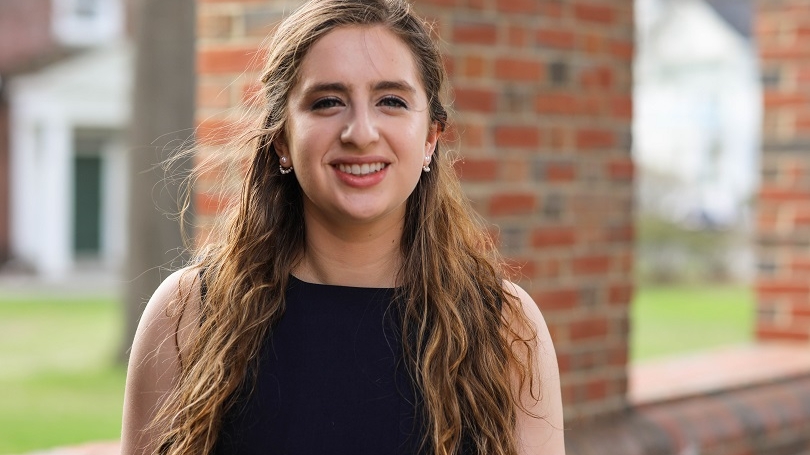
- Public Policy
- Leadership
- Funding
- News & Events
- About the Center
Back to Top Nav
Back to Top Nav
Back to Top Nav
Back to Top Nav
As a First-Year Fellow, Sarah Solomon ’21 interned at the Congressional Research Service under the mentorship of Elizabeth Rybicki ’96. The following is an excerpt from her final report.
This summer, I interned at the Congressional Research Service (CRS). Often called “Congress’s think tank,” the CRS provides nonpartisan public policy research to Members of Congress and congressional committees. The CRS may be described as an extension of congressional staff, providing advice, data ,and knowledge to facilitate an efficient and informed legislative process. The CRS employs more than 400 policy analysts, attorneys, and research professionals to assist Congress at all stages of legislating and across all policy areas. The CRS answers Members’ specific questions on a confidential basis and publishes general reports for all of Congress to use. The CRS also provides educational courses and training to congressional Members and staffers.
As an intern in the Government and Finance division of the CRS, I conducted research into the legislative process. I used congressional databases to answer Members’ questions on topics such as executive nominations, omnibus appropriations, the history of farm bills, conference committees, statements of administrations policy, suspension of the rules, and the presidential rescission of funds. I also drafted a report on the topic of post-cloture consideration using my research as the basis for new insights. Additionally, I helped CRS analysts host classes, conferences, and seminars for congressional staffers.
The most rewarding part of my fellowship was seeing the real-world impact my research had on the legislative process in Congress. On several occasions, Senators and Representatives referenced the research I had provided them in committee mark-ups and debate. I believe my small contribution toward informing Congress truly served to enhance debate and legislation, which I hope will help the citizens of the Unites States in a tangible way. I would like to thank all those who worked with the Nelson A. Rockefeller Center in order to support my First-Year Fellowship through financial, educational and organizational means.